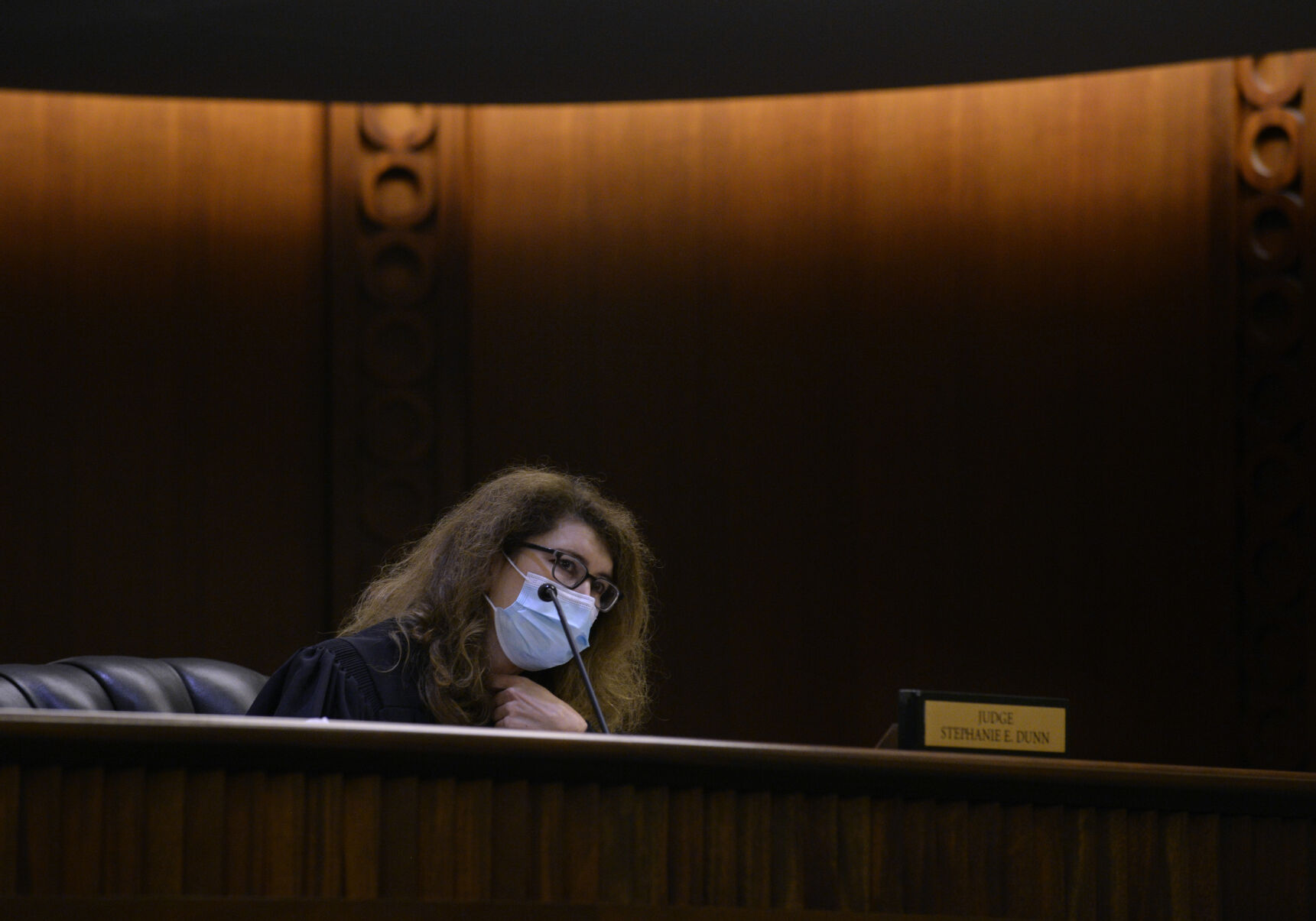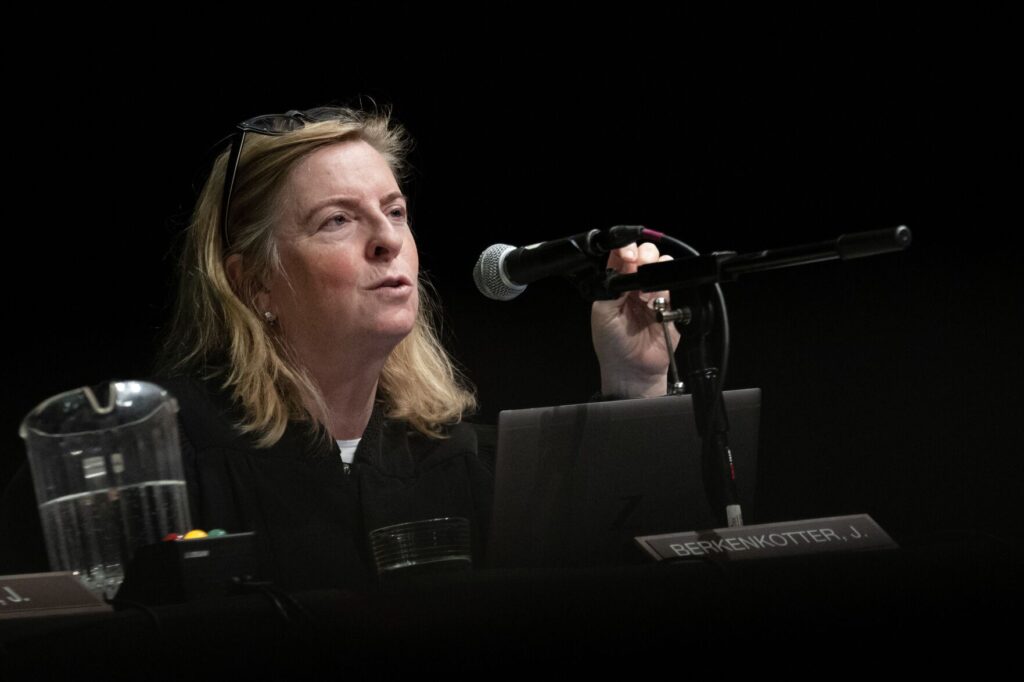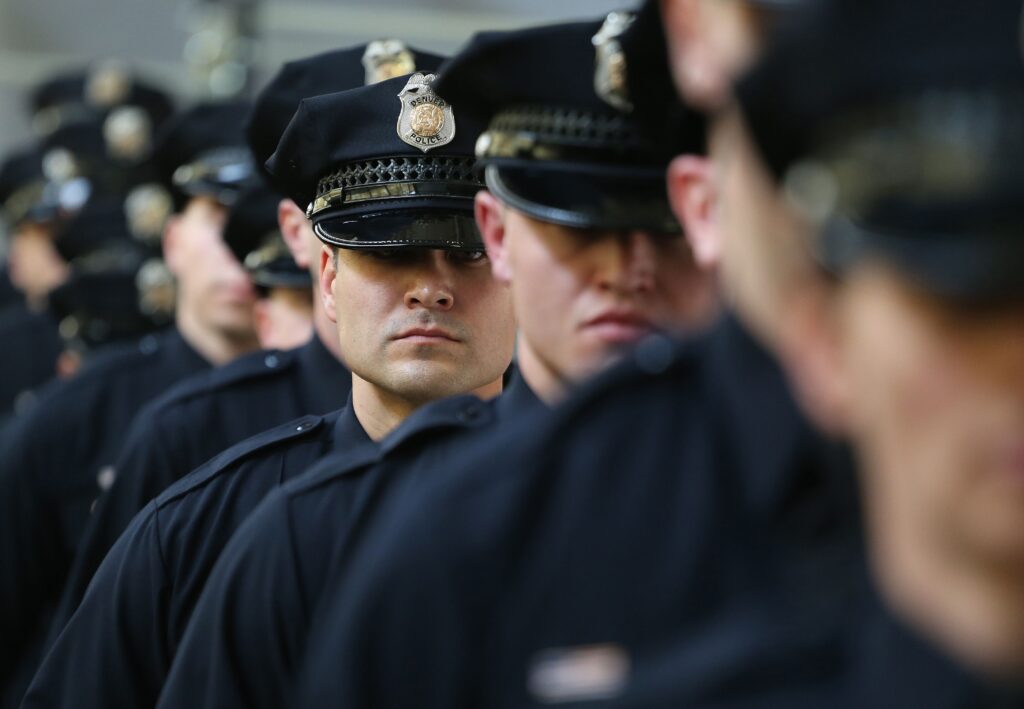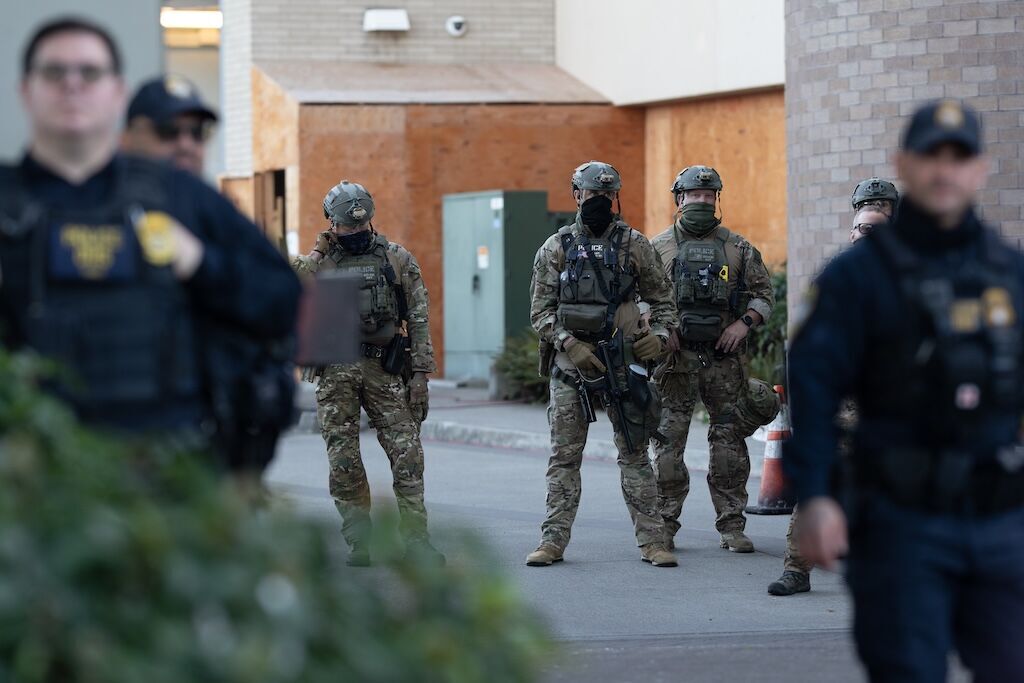Appeals court finds no racial discrimination by El Paso County prosecutor

Colorado’s second-highest court concluded last month that an El Paso County prosecutor did not engage in racial discrimination by dismissing two jurors of color from a criminal trial, based on their concerns over aggressive policing.
Under longstanding U.S. Supreme Court precedent, intentional race-based discrimination in jury selection is unconstitutional. If a prosecutor tries to remove a juror of color, the defendant may raise a “Batson challenge,” named after the Supreme Court’s Batson v. Kentucky decision. Such a challenge forces the prosecutor to justify the dismissal, or strike, with a “race-neutral” reason.
The Court of Appeals previously recognized a prosecutor violates Batson by striking jurors because of their past negative experiences with police. Currently, the Colorado Supreme Court is weighing a proposal that would make it impermissible by default for prosecutors to remove a juror of color for voicing distrust of police or their belief that law enforcement engages in racial profiling.
However, a three-judge panel for the Court of Appeals concluded that Steven F. Reycraft had not demonstrated the removal of a Hispanic man and a Black woman from his jury pool because of their views about policing amounted to discrimination based on their race.
Reycraft stood trial in 2021 for assaulting police officers during a traffic stop, during which paramedics also injected him with the sedative ketamine. Jurors found him guilty and he received four years of probation.
During jury selection, a Hispanic man, identified as Juror A, said he believed police officers are “there to serve the people … instead of just the law and judicial system.” He indicated he could be fair and unbiased against any testifying officers.
Then, after Reycraft’s lawyer listed the names of Black Americans who died in custody — including George Floyd of Minnesota and Elijah McClain of Aurora — Juror A clarified that police “do go too far.”
“They kind of just do whatever they want for many occasions,” he said. “I think they’re supposed to serve the community and serve the people and do what’s best for the people, but I think in reality that’s not necessarily the case.”
The prosecutor, identified by Reycraft’s appellate attorney as Jimmy Litle, moved to strike Juror A because of his views on police, as well as his juror questionnaire indicating that his pastime was “procrastinating” — a misstatement of Juror A’s actual answer, “podcasting.”
District Court Judge Marcus Henson allowed Litle to strike Juror A because of his commentary on policing. Those statements may have “something to do with his background or demographic,” Henson conceded, but Juror A expressed his views without regard to his race.
The second juror, a Black woman identified as Juror E, responded to the defense’s question about how she might react if police got physical with her when she had done nothing wrong. She indicated she was “afraid” of the police.
“That’s their job, to hurt a Black submissive,” said Juror E. “I don’t think we stand a chance with all that’s happening in the world.”
Litle moved to strike Juror E, acknowledging there were “no issues” with her answers until she provided her views about racial bias in policing.
“I think there’s a legitimate bias there,” Litle said. “She indicated that she was internalizing it even beyond necessarily race — that she herself was afraid of police officers and was very adamant about that.”
Reycraft’s attorney insisted the explanation from the prosecution was inherently based on Juror E’s race. Henson noted Juror E did express a bias against police officers that was “informed by her race.”
However, “I don’t find this to be a situation where the prosecution is removing (Juror E) just because she’s Black, but rather because of the bias she seems to hold regarding law enforcement,” he concluded.
On appeal, the three-judge panel upheld Henson’s handling of both strikes. For Juror A, the Hispanic man, Reycraft did not cite any “discriminatory explanation” used by the prosecutor, nor had he shown the prosecution gave differential treatment to White jurors who similarly believed the police “go too far.”
As for Juror E, the question was whether the prosecutor’s decision to strike was based on Juror E’s race, wrote Judge Stephanie Dunn, and not whether Juror E’s answers referenced race.
“Here, the prosecutor’s explanation was tied solely to Juror E’s admitted fear of and bias against law enforcement,” she wrote in the Dec. 7 opinion. “The prosecutor didn’t link any of Juror E’s comments to race. And while the court reasonably recognized that Juror E’s race may have informed her bias, that doesn’t mean the prosecutor struck her because of her race.”
The panel upheld the convictions.
The case is People v. Reycraft.
Editor’s note: The original version of this story incorrectly identified the prosecutor, based on information given to Colorado Politics. The article now reflects the correct prosecutor with the correct spelling of his name.













